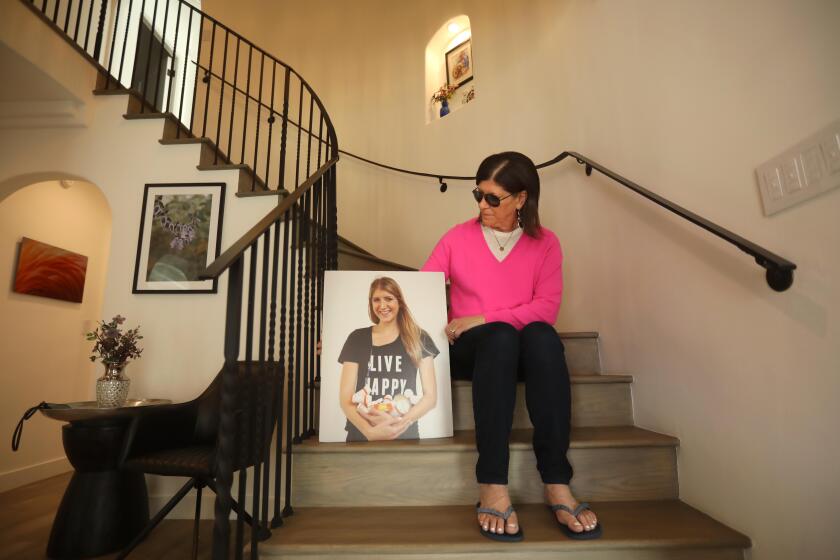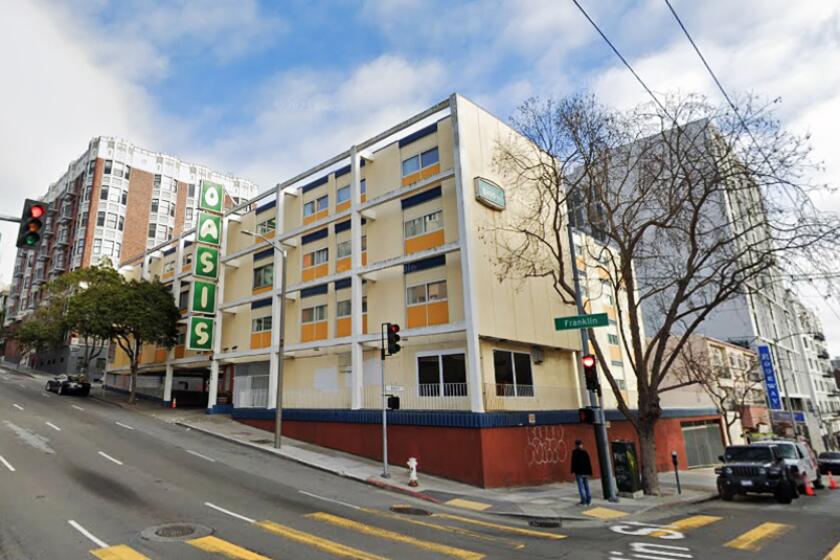Blame nude photo thefts on tech giants that can’t keep our data safe

This week, the world seems to have divided itself into two kinds of people:
Those who think anyone who posts nude photos on cloud storage accounts should not be surprised when those photos are stolen, and those who think that point of view is the Electronic Age’s equivalent of blaming a rape victim for being violated.
In my previous post on the subject, I planted myself squarely in the first camp.
But let me add, in case I was not clear the first time: It is not acceptable for thieves to purloin anyone’s private property. Stealing such intimate photos (I haven’t seen them, so I have no idea what they show) is a grotesque privacy violation, much worse than stealing a precious object. The thief or thieves deserve to be ferreted out, charged with their crimes and spend some quality time behind bars.
But the tech companies that promise secure storage also need a good spanking. Don’t tell us you can keep our data safe, Apple iCloud storage service, if you can’t keep our data safe.
Wednesday, after reading about account breaches, I enabled Apple’s two-step security verification feature, which tech experts said would have probably prevented some of the cloud photo theft, had the celebrity victims had the measure in place. Instructions are here.
And I found myself nodding in vigorous agreement with an essay by Vanity Fair Contributing Editor Michael Joseph Gross, who wrote about the culpability of tech companies Wednesday on VF.com.
(In the second paragraph, he uses the word “fappening.” A new one on me, it has become the Internet’s puerile shorthand description of this whole nude photo misadventure. “Fap” is slang for masturbate. “Who do you want to see in the Fappening, Part 2?” is an actual discussion thread right now on Reddit.)
As Gross writes:
“Nothing, but nothing, that is stored on the cloud can be considered ‘safe’ from hacking. Not your credit card information. Not your banking credentials. Not a law firm’s merger and acquisitions plans. Not a defense contractor’s design schematics for fighter jets. Not chemical formulas for drugs in development. Not source code for the world’s mightiest companies. And definitely not naked pictures, no matter who you are….
“The true scandal of the fappening—the one really useful thing about it—is that you couldn’t wish for a clearer demonstration of how all of us now entrust the most private information about ourselves to the guardianship of public companies that have consistently proven themselves unworthy of that trust.”
I’ve always gone about my business on the Internet secure in the belief that my name is too unusual to steal, or that no one would be interested in the mundanities of my life. Also, I’m sure it’s an age thing, but I don’t take nude photos of myself or anyone else.
But just in case, right after enabling the two-step security process for my Apple devices, I took a spin through my photos and deleted any that I would hate to see online.
Why take a chance?
I will protect your privacy on Twitter: @robinabcarian
More to Read
Start your day right
Sign up for Essential California for news, features and recommendations from the L.A. Times and beyond in your inbox six days a week.
You may occasionally receive promotional content from the Los Angeles Times.







